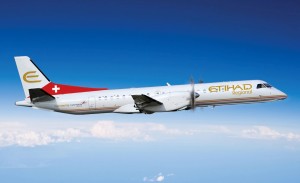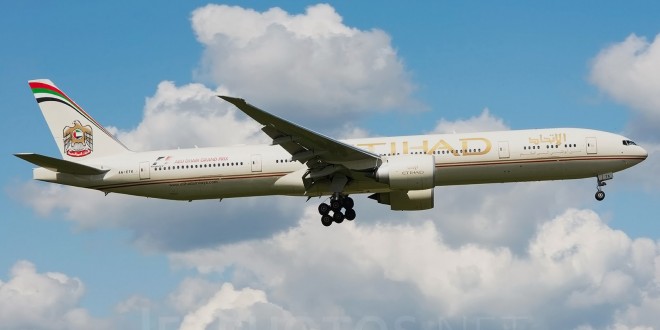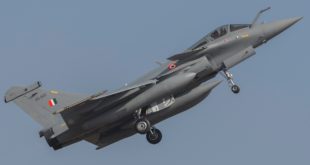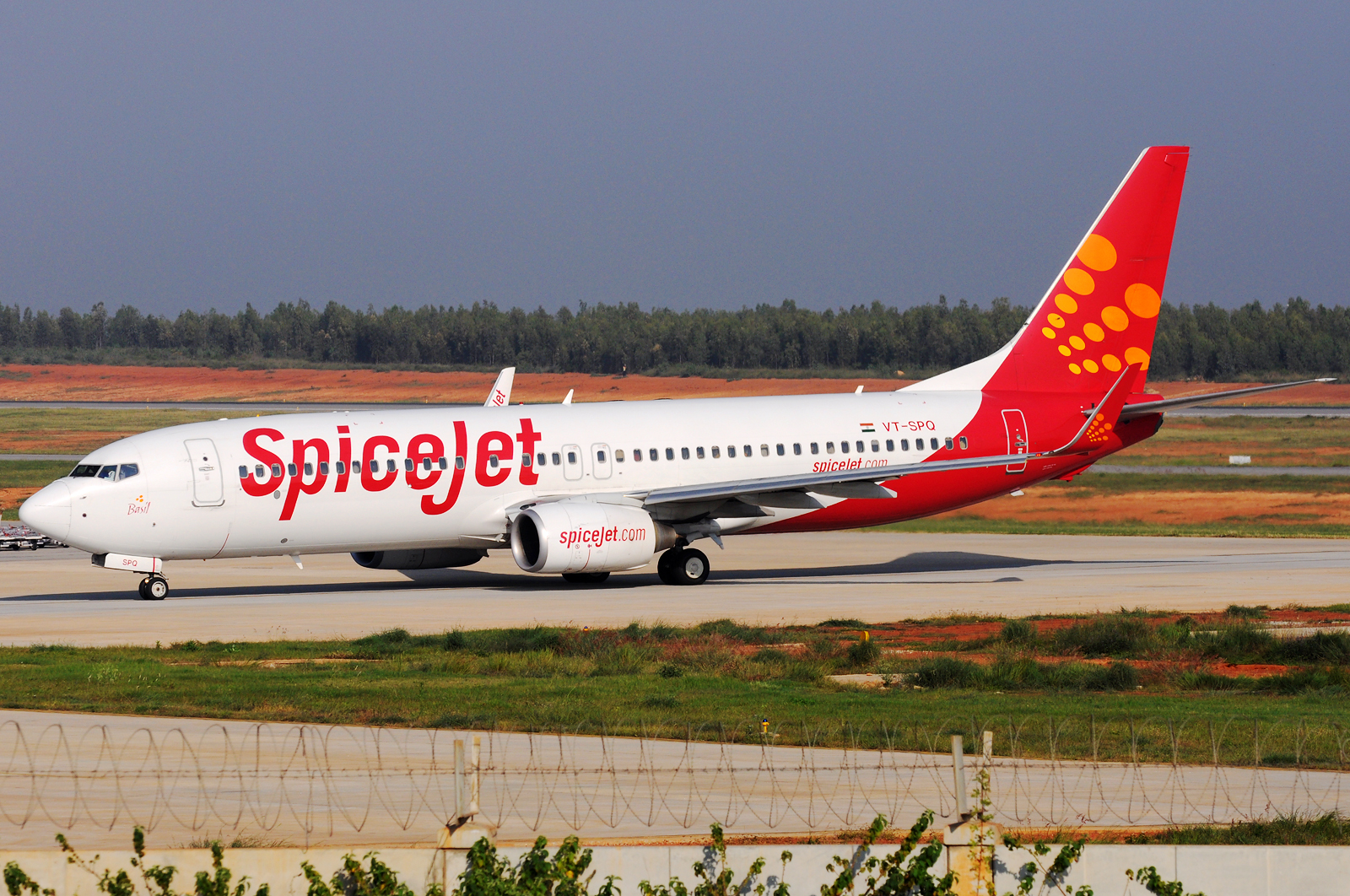On Monday, Middle East Big 3 (MEB3) carrier Etihad Airways announced a record $62 million net profit for 2013, up 47.6% year-over-year (YOY) from $42 million in 2012.
The carrier saw total revenue grow 27.1% YOY to $6.1 billion, while expenses rose 26.9% to $6.04 billion. Total capacity as measured in available seat kilometres (ASKs) grew 16.6% YOY while traffic slightly undershot that figure, jumping 16.4% YOY, though load factor was essentially flat YOY.
Etihad’s rapid pace of expansion, especially the opening of new destinations, took its toll on the carrier’s unit costs, as cost per ASK (CASK) grew 8.8% YOY to 8.50 cents. However, revenue growth basically matched that rise, with revenue per ASK (RASK) growing a commensurate 9.1% YOY to 8.58 cents i.e. a 1% gross profit margin.
On the operating side, the carrier reported an operating profit of $208 million, up 22.4% YOY from $170 million. EBITDAR profit grew 30.0% YOY from $753 million to $979 million. Operating margin actually declined from 3.54% to 3.41%, which implies that much of Etihad’s expansion has been less profitable than its existing network (understandable given that of the nine new destinations launched by Etihad in 2013, eight of them are already served by other MEB3 carriers or Turkish Airlines).
The carrier’s code share business, with 47 partners (versus 40 in 2012), drove $820 million in revenues in 2013, up 30.4% over 2012’s $629 million. Currently, Etihad has the following equity partnerships:
- 24% in Jet Airways

Darwin Airlines, now branded Etihad Regional - 49% in Air Serbia (formerly Jat Airways)
- 33.3% in Darwin Airline (Etihad Regional)
- 19.9% in Virgin Australia
- 29.2% in airberlin
- 2.99% in Aer Lingus
- 40% in Air Seychelles
The one thing to keep in mind when analysing the company’s finances is that Etihad does not release comprehensive financial results, unlike rivals Emirates and Turkish Airlines, which means that a comprehensive analysis of overall finances cannot be undertaken. But the strategic vision of Etihad in some senses transcends mere finances.
Setting aside the question of whether Etihad’s purpose is even to make money, versus development of Abu Dhabi as an air travel and economic hub, there is no question that the carrier has shaken up the traditional model of the global alliance partnerships like Star Alliance, SkyTeam, or oneworld, with its new economic model of equity alliances. These myriad and disparate investments in carriers across the world are a means of extending the fingers of economic influence via a myriad of secondary aviation hubs around the world that feed into a central hub at Abu Dhabi.
One has to consider, perhaps the only comparable airline with similar practices in the world is, incidentally, also the world’s most profitable airline, Delta Air Lines, who has, to date, pursued a similar pattern with equity investments in various Latin American carriers and Virgin Atlantic. Expect to see Etihad swooping in to purchase more troubled airlines in the near future to continue build this equity alliance under the purview of the newly formed Etihad Aviation Group. As of this article time, the current target is beleaguered European carrier Alitalia.
– Vinay Bhaskara
 Bangalore Aviation News, Reviews, Analysis and opinions of Indian Aviation
Bangalore Aviation News, Reviews, Analysis and opinions of Indian Aviation




